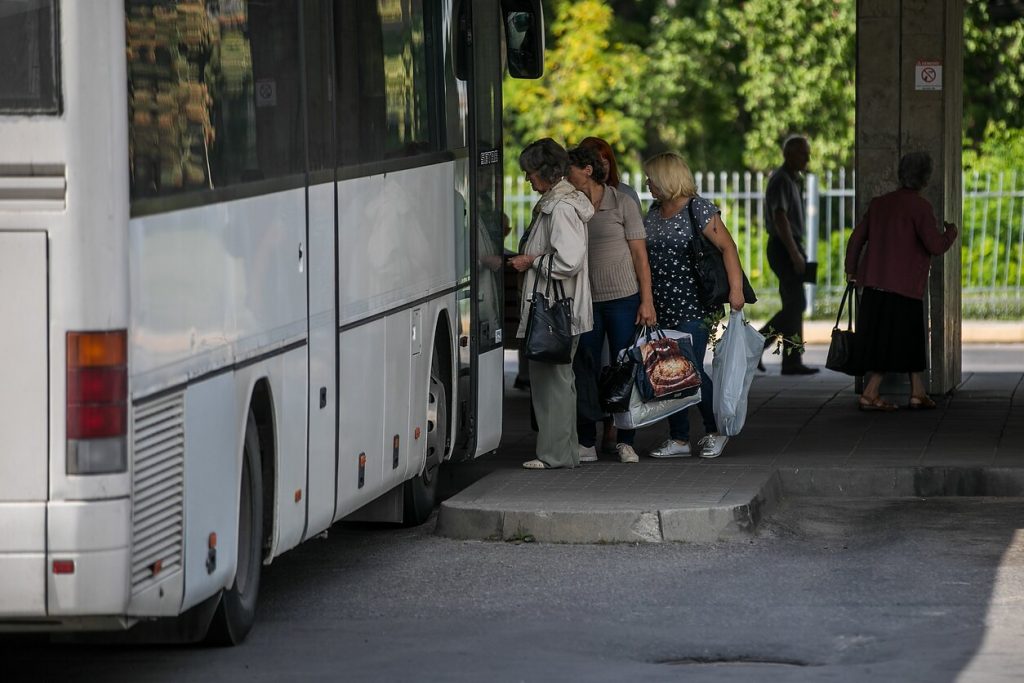In an era where transportation plays a pivotal role in shaping the connectivity of urban and rural areas, the bus services operating between Alytus and Vilnius stand out as an essential lifeline for many communities. This transport link not only facilitates the daily commutes of countless individuals but also fosters economic growth, social interaction, and accessibility to vital services and amenities. The bus routes serve as more than mere transit options; they are essential conduits that unite diverse communities, allowing residents to access educational institutions, healthcare facilities, and employment opportunities across a significant geographical span. The Alytus-Vilnius bus services provide a reliable mode of transportation for students, professionals, and families alike. For students pursuing higher education in Vilnius, the bus service offers an affordable and convenient means to attend classes and engage in extracurricular activities. It eliminates the barriers of distance and provides students from Alytus with equal opportunities to thrive academically and socially in the capital.

The accessibility afforded by the bus services encourages young people to pursue their educational goals, thus contributing to a more educated workforce that is essential for the region’s economic development. Furthermore, the economic implications of the alytus vilnius autobusai are profound. By enabling residents to commute to Vilnius for work, these bus routes help to support local businesses and stimulate the economy. Many residents in Alytus seek employment opportunities in the capital, where a more extensive job market and higher wages are often available. The ability to commute easily enhances the labor pool, allowing businesses in Vilnius to attract talent from surrounding areas. Additionally, the influx of commuters from Alytus contributes to the vibrancy of Vilnius, as they frequent shops, restaurants, and other establishments, thus boosting local commerce. Socially, the bus services also foster a sense of community by connecting individuals from different backgrounds. These routes facilitate cultural exchanges and interactions that might not occur otherwise, promoting inclusivity and understanding among diverse populations.
On a more personal level, the bus ride itself often becomes a space for socialization, where passengers share stories, experiences, and information. These interactions contribute to building a stronger, interconnected community that thrives on shared experiences and mutual support. In terms of accessibility, the bus services cater to individuals who may not have access to personal vehicles. This aspect is particularly vital for the elderly, disabled, or economically disadvantaged individuals who rely on public transportation to access essential services, such as medical appointments, grocery shopping, and social gatherings. By providing these individuals with the means to travel, the Alytus-Vilnius bus services enhance their quality of life and ensure that no one is left behind in accessing crucial services. Moreover, the bus services promote environmental sustainability by offering an eco-friendlier alternative to personal vehicles. With growing concerns about climate change and urban congestion, public transportation options like these buses help to reduce the overall carbon footprint of commuting.
Categories: Travel